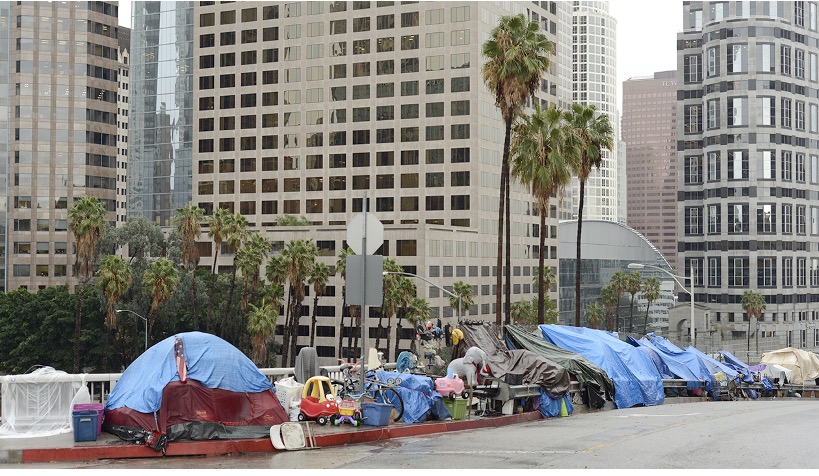CommentsMENTAL HEALTH RESOURCES - A young man with a history of mental illness has been sitting in San Francisco County Jail for nearly a year.
Six months ago, he was accepted into the county’s Mental Health Diversion Court program. Due to the lack of funding and investment in our mental health care system, however, no residential program for him is available. He remains languishing in our jail system, waiting for an appropriate placement to get the medical help he needs.
It is disappointing that Gov. Gavin Newsom’s proposal (Senate Bill 1338) to create a Community Assistance, Recovery, and Empowerment (CARE) Court would do nothing to help this young man or anyone else coming into contact with criminal or civil courts. That’s because the solution is more care, not more courts.
The CARE Court proposal seeks to compel people with severe mental health disorders to access services via referrals to this new court system. San Francisco, like some other counties, already has a civil psychiatric court that sends people through an evaluation process that can result in conservatorship. San Francisco also has eight alternative courts in the criminal division, often called diversion programs, which are guided by the principle that helping people, rather than locking them up, is better for the individual and the community.
The governor’s CARE Court proposal will neither solve homelessness nor treat individuals with mental health needs. It is a referral system to nowhere. The proposal doesn’t include any provisions or funding for housing or treatment. In fact, the state would burden already-limited local resources by imposing fines on counties unable to carry out court orders for involuntary treatment.
 Part of the governor’s proposal would assign a public defender to represent a person referred to CARE Court. Public defender offices, while fiercely dedicated to advocating for the rights and well-being of our clients, are historically underfunded and overburdened. The San Francisco Public Defender’s Office already represents clients with developmental disabilities and chronic and severe mental illness in criminal and civil court and conservatorships. We know that another court with insufficient resources to support its mission will not move us any closer to the mental health care solutions we seek.
Part of the governor’s proposal would assign a public defender to represent a person referred to CARE Court. Public defender offices, while fiercely dedicated to advocating for the rights and well-being of our clients, are historically underfunded and overburdened. The San Francisco Public Defender’s Office already represents clients with developmental disabilities and chronic and severe mental illness in criminal and civil court and conservatorships. We know that another court with insufficient resources to support its mission will not move us any closer to the mental health care solutions we seek.
Rather than setting up a new bureaucracy to impose short-term solutions to entrenched problems that require long-term engagement, the state should aggressively invest in measures that would improve outcomes for some of the most vulnerable Californians:
- Equitable county mental health care systems that enable community members experiencing mental health crises, homelessness and substance use to access services before they end up in criminal or civil court.
- Educational incentives to train more multilingual, culturally competent social workers and mental health care providers.
- Ways to expedite state licensing so treatment sites can open in fewer than 12 months.
- More Medi-Cal funding, which only pays for 23 hours of crisis care and requires people to reside in the county where they are trying to access services. We need to bridge the gaps to well-being for people these courts intend to help.
- Housing for people living and suffering on our streets that will provide them with a safe place to sleep at night to help abate mental health crises and harm.
Without equitable access to holistic, long-term health care, people will continue to languish in jail and on our streets, experience more instability, and be trapped in legal limbo. Our most vulnerable community members should not suffer the trauma of incarceration and the stigma of criminalization while housed in cages designed to punish.
Lawmakers need to evaluate the governor’s proposal with a critical eye toward what is redundant and ineffectual, including allowing counties with existing alternative courts to opt out of a CARE Court.
Californians should implore Gov. Newsom to move away from the short-sighted CARE Court proposal and instead directly fund robust mental health care systems statewide to help save lives and preserve liberties.
(Kara Chien is the managing attorney of the Mental Health Unit at the San Francisco Public Defender’s Office. This article was featured in Cal Matters.)















